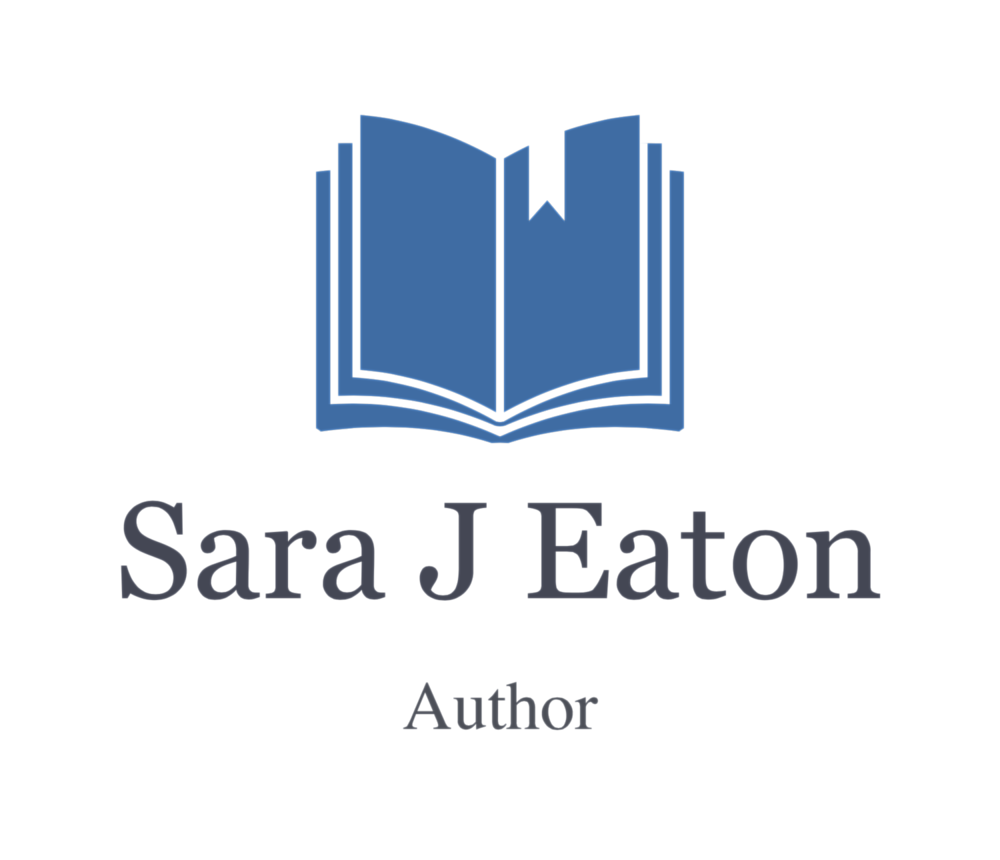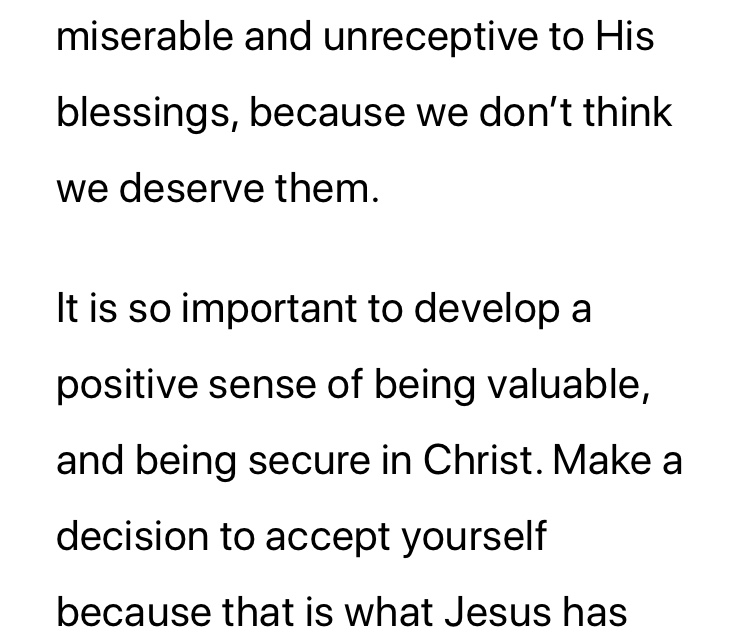I have been telling stories for as long as I can remember. Now, I know that “telling stories” is also a nice way to say I was a liar as a kid, but in this instance I’m referring to the actual art of storytelling. I was always playing make-believe as a child, just like any kid, but I also loved coming up with fantastical plots I could share with others. One of my earliest memories is when I was three. We were moving out of our house that morning. As a child who strictly favored routine (hello, anxiety and OCD!), I snuggled on the couch to watch Rolie Polie Olie like any other morning, but the TV had already been unplugged in preparation for the move. My mom kindly offered to find the movers and see if they could hook it back up, but I just beamed and told her I could create my own episode. Using the formula I knew the show used for each episode, I narrated my own idea for an episode to my mom. Once I learned to write, my mom would buy me blank books to fill with stories. She helped me enter writing contests and, later, enrolled me in a writing camp where I would write my first novel. I started my blog the month my first novel was published, and my second book followed a year later. My identity as a writer had been firmly established all throughout my life, both as an extracurricular activity and as something I tended to score well in at school. If I wasn’t writing snippets of stories in a journal, I was reading my second or third book of that week. I was the bookworm, the author, the girl who excelled in English.
And then, I wasn’t. It started slowly. When the medication I had been on for my depression, OCD, and anxiety stopped working overnight, I was so constantly tired and so completely numb to everything that reading started to get harder. I was still having writing inspiration, but where I used to fly through five hundred page books, I was now rereading the same page at least three times before it would stick. When I started what would end up being a years-long journey of trying different anti-depressants in the hopes of finding one that provided some relief (a journey that never met a fruitful ending), and I began experiencing severe, crippling side effects from every medicine I tried, I stopped reading altogether. My brain felt fuzzy, like it was full of cotton. Writing was still a possibility, but my bookworm days were halted. I still carried a book with me everywhere for about a year out of habit, but it eventually made me too sad.
Then, when I was prescribed a medication my freshman year that drastically altered my life, I lost my writing ability as well. The medicine stripped me what little I had left of my physical health. It led to a dangerously high pulse (which helped contribute to a drastic weight loss that became life threatening), made me so tired I couldn’t even walk without help some days, and messed with my cognitive abilities. There were many days I couldn’t understand what my parent’s were saying to me even though they were simply asking how I was feeling. I could see their lips moving, but it was like they were speaking gibberish. That was the fall my second book was due if it was going to be published. I would spend most of my day asleep until my mom nudged me awake and stayed nearby while I tried to type a few more pages. It is truly a miracle that I was able to finish that novel based on how bad my health was. I know it was only by the Lord working directly in my life and through those around me (like my mom or the wonderful person who edited my book. If you’re reading this, hi, Mrs. Waltenbaugh!) that I met my deadline.
I tried writing for a long time after that. Sometimes, I could write poetry. The fragmented format fit well with the short bursts of mental clarity I found. For a long time, I felt like if I wasn’t writing novels, I was a failure. I felt like my writing wasn’t worth anything if it didn’t amount in another book. I felt even worse during the long stretches where I couldn’t write anything at all. Suddenly, I wasn’t a writer anymore. Writing had been my identity. It had been my future, too. All my career plans, all my goals and wildest hopes and dreams, hinged on a writing career.
I struggled with the loss of my identity for years. Who was I if I wasn’t a writer or a bookworm? It wasn’t like I had traded those activities for new ones. It wasn’t like I didn’t still want to be a writer, but I didn’t feel like one anymore. People still saw me as one, though, which only made the confusion worse. I thought about it all the time. Who was I? It’s a question that every teenager grapples with. (Are any of my psychology peeps also thinking of identity vs. role confusion? Or is it just me?) Having part of my identity be rooted in my illnesses added another layer to the maze of pinpointing my individuality.
And then, earlier this year, I was sitting at my kitchen table. I had just had a good cry about how much I missed my brain. I know I still have a brain, obviously, but it doesn’t feel like mine. I miss being able to read. I miss being able to write or like at least some of the things I wrote. (If you’re an author, you know that liking the things you create even under the best of conditions can be a feat.) I tried to think of something that was constant in my life. A part of me that will never change.
I will always be a daughter. I will always be a sister. And I will always be a daughter of Christ. The first two roles are incredibly precious to me. I love being a member of my family. I value being a daughter and sister more than I value almost anything. But that third role is where the “almost” comes into play. I am so, so thankful that I am a daughter of Christ. This is the greatest role I will ever occupy.
God is the only thing constant in this life. Everything else is constantly changing, but God will always (and has always!) remained the same. His love will never change. His mercy and grace will never deviate. His ability to comfort and heal and provide hope will never falter. My roles in life will always be changing. I will leave behind some roles. I will change careers. I will no longer be a formal student (I hope I never stop learning and growing even once my time in university is over!). I will inherit new roles, too. I hope that one day, I will get to add the roles of wife and mother as facets of my identity. My identity as a Christian will never change, though. My identity as someone chosen and loved and perfectly created by God will never change.
Sometimes, I get upset at the roles I currently occupy. I feel like they aren’t important enough. I also spend a lot of time worrying about not knowing exactly what career I want to pursue. I pray for trust that God is leading me to my vocational calling and preparing me for it even as I don’t know what exactly it is, but I still worry about it constantly. What I try to remind myself when this anxiety threatens to overtake me is that I already hold the most important title I will ever have. I have already discovered Christ. I have already come to know Him, and I’m continually growing in my relationship with Him and knowledge of His word. Those are the most important things I could do in life. They are the only accomplishments that truly matter!
And because of God, I get to be a daughter and sister. Because of my love of Christ, the abilities and talents he has given me, and the ways He works through me, I’m able to be a better daughter and sister. Every role he allows me to occupy grows from that critical, most important one. I may have lost a lot of roles that were precious to me. I will lose more as I grow. I will also occupy roles I never imagined, because they are greater than I could have every pictured. It is all because of Him and the identity He has given me; an identity that will never change, because it comes from the One who never changes.



